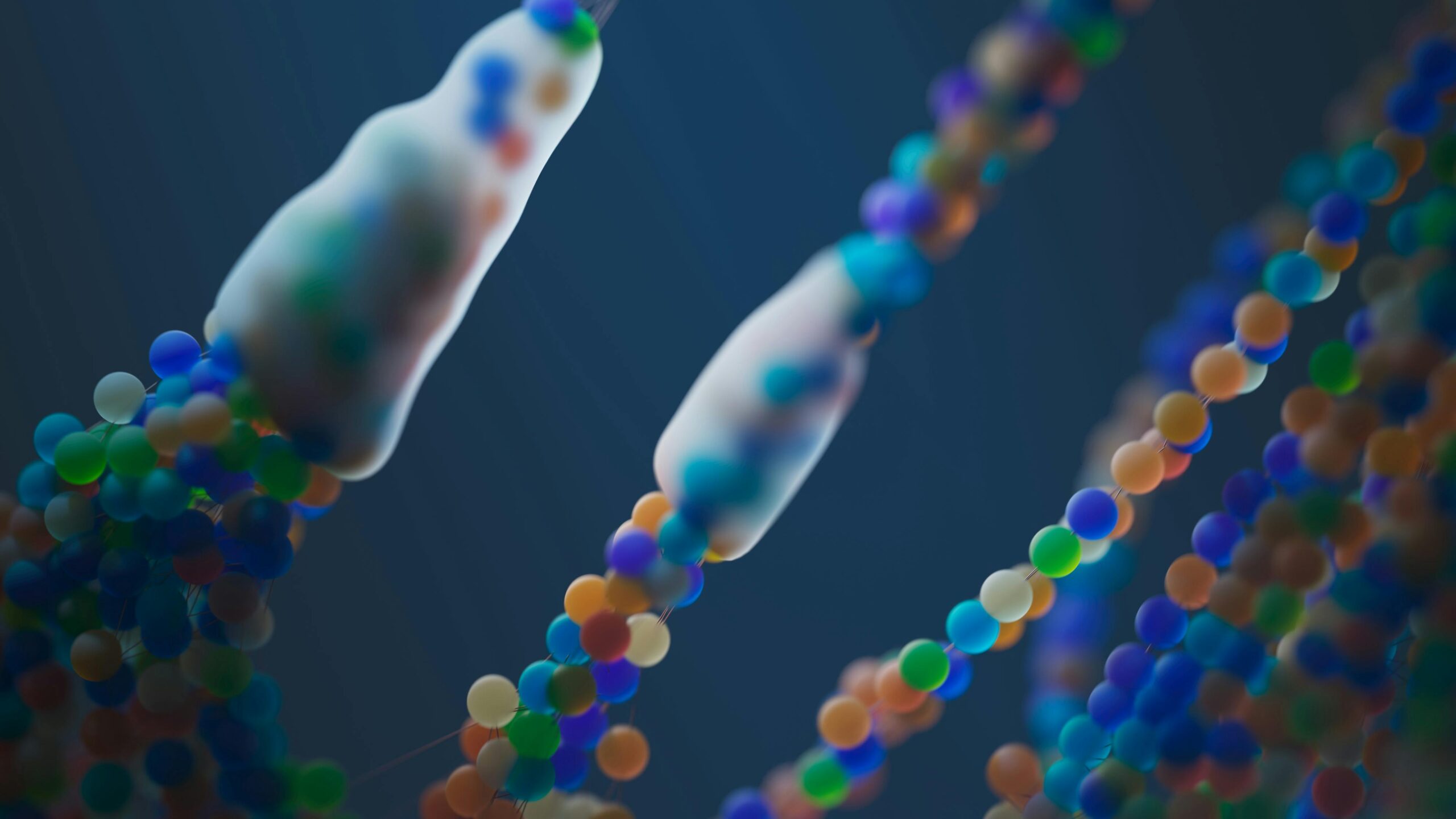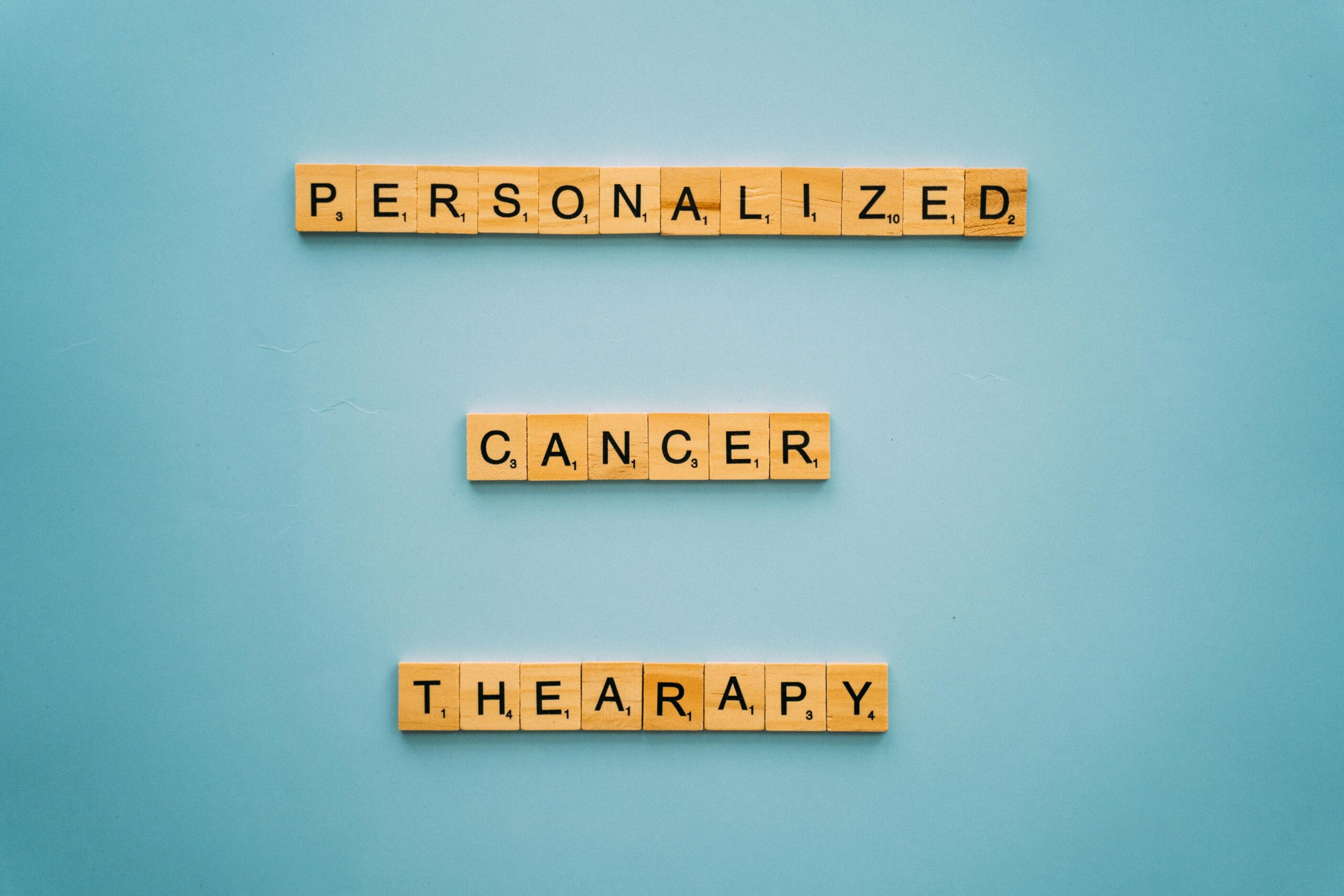Artificial intelligence is reshaping our understanding of human longevity, offering unprecedented insights into aging processes and revolutionizing how we approach extending healthy lifespan in remarkable ways.
🔬 The AI Revolution in Longevity Science
The intersection of artificial intelligence and longevity research represents one of the most exciting frontiers in modern science. Machine learning algorithms are now capable of analyzing vast datasets containing millions of biomarkers, genetic sequences, and lifestyle factors to identify patterns that human researchers might miss. This computational power is accelerating our understanding of the aging process at a pace previously unimaginable.
Major technology companies and specialized biotech startups are investing billions of dollars into AI-driven longevity research. These investments are yielding tangible results, from drug discovery platforms that can identify anti-aging compounds in months rather than years, to personalized health monitoring systems that predict age-related diseases before symptoms appear. The promise is clear: AI could help us not just live longer, but live healthier for much more of our extended lifespan.
📊 What the Data Reveals About Our Aging Future
AI systems analyzing global health data have identified several key trends that will shape human longevity in the coming decades. These predictions are based on comprehensive analysis of demographic shifts, medical advancements, environmental factors, and lifestyle patterns across diverse populations worldwide.
Current projections suggest that by 2050, the number of people aged 60 and above will double from today’s figures. More importantly, AI models predict that the “healthspan” – the period of life spent in good health – will expand more rapidly than lifespan itself. This represents a fundamental shift from simply adding years to life, to adding quality and vitality to those additional years.
Key AI Predictions for Longevity Trends
Machine learning models have identified several specific predictions about how aging will transform in the next two to three decades. These forecasts are continuously refined as more data becomes available and algorithms become more sophisticated.
- Average human lifespan in developed nations could reach 90-95 years by 2060
- Biological age reversal treatments may become clinically available within 15-20 years
- Personalized medicine will reduce age-related disease incidence by up to 40%
- Early disease detection through AI will shift healthcare from reactive to preventive
- Workplace longevity will extend, with productive careers lasting into the 80s
🧬 Genetic Insights Powered by Machine Learning
One of the most profound contributions AI is making to longevity science involves genetic research. Deep learning algorithms can now analyze entire genomes in hours, identifying genetic variants associated with exceptional longevity. These AI systems have discovered numerous “longevity genes” that were previously unknown, opening new avenues for therapeutic intervention.
Researchers using AI have identified specific genetic markers present in centenarians – people who live to 100 or beyond. These markers are associated with efficient DNA repair mechanisms, superior immune system function, and resistance to age-related diseases like Alzheimer’s and cardiovascular conditions. By understanding these genetic advantages, scientists are developing interventions that could confer similar benefits to the broader population.
The real breakthrough comes from AI’s ability to understand gene interactions rather than individual genes in isolation. The human genome contains roughly 20,000 genes, and the interactions between them create exponentially complex patterns. Only advanced AI systems can map these intricate relationships and identify which combinations contribute most significantly to healthy aging.
💊 AI-Discovered Therapeutics Targeting Aging
Traditional drug discovery is notoriously slow and expensive, often taking 10-15 years and billions of dollars to bring a single medication to market. AI is dramatically accelerating this timeline for anti-aging therapeutics. Machine learning platforms can screen millions of molecular compounds virtually, predicting which ones are most likely to have beneficial effects on aging processes.
Several AI-discovered compounds are currently in clinical trials, targeting fundamental aging mechanisms like cellular senescence, mitochondrial dysfunction, and chronic inflammation. These drugs don’t just treat individual age-related diseases; they aim to slow the aging process itself, potentially preventing multiple conditions simultaneously.
Promising AI-Identified Anti-Aging Interventions
The pharmaceutical pipeline for longevity treatments has expanded dramatically thanks to AI-driven discovery. These interventions target different aspects of the aging process, from cellular metabolism to systemic inflammation.
| Intervention Type | Target Mechanism | Current Status |
|---|---|---|
| Senolytic drugs | Remove senescent cells | Phase 2 clinical trials |
| NAD+ boosters | Enhance cellular energy | Available as supplements |
| Metformin | Metabolic optimization | Phase 3 longevity trial |
| Rapamycin analogs | mTOR pathway regulation | Early clinical testing |
🏃♂️ Lifestyle Optimization Through Predictive Analytics
AI isn’t just identifying pharmaceutical interventions; it’s also revolutionizing our understanding of lifestyle factors that influence aging. By analyzing data from millions of individuals, machine learning systems can determine which combinations of diet, exercise, sleep, and stress management produce the best longevity outcomes.
What makes these insights particularly valuable is their personalization. Rather than generic health advice, AI can create customized longevity protocols based on an individual’s genetic profile, current health status, environment, and personal preferences. This precision approach means that recommendations are more effective and more sustainable than one-size-fits-all guidance.
Wearable devices equipped with AI algorithms are already providing real-time feedback on how daily choices affect biological age. These systems track everything from heart rate variability and sleep quality to blood glucose fluctuations and activity patterns. The data is synthesized to provide actionable insights that help users make decisions aligned with their longevity goals.
🧠 Cognitive Health and Brain Age Prediction
Maintaining cognitive function throughout an extended lifespan is perhaps the most crucial aspect of successful aging. AI systems are making remarkable strides in predicting cognitive decline years before clinical symptoms appear. Brain imaging combined with machine learning can identify subtle patterns associated with future dementia risk, enabling early intervention when treatments are most effective.
These predictive models analyze multiple data sources: brain scans, cognitive test results, genetic markers, lifestyle factors, and even speech patterns. By integrating these diverse inputs, AI can calculate a “brain age” that may differ significantly from chronological age. Someone with a younger brain age is at lower risk for cognitive decline, while an older brain age signals the need for protective measures.
The good news is that AI research has confirmed that brain age is modifiable. Specific interventions – including certain types of mental training, physical exercise, dietary patterns, and social engagement – have been shown to reduce brain age. AI-powered cognitive training applications are already helping people maintain mental sharpness as they age.
🏥 Healthcare Transformation Through AI Diagnostics
Early detection of age-related diseases is critical for successful treatment and maintaining quality of life in later years. AI diagnostic systems are achieving unprecedented accuracy in identifying conditions like cancer, cardiovascular disease, and neurodegenerative disorders at their earliest, most treatable stages.
Medical imaging enhanced by AI can detect tumors smaller than human radiologists can identify. Algorithms analyzing blood biomarkers can predict heart attack risk years in advance. Voice analysis AI can identify early signs of Parkinson’s disease from subtle speech changes. These capabilities are transforming healthcare from a reactive system that treats disease to a proactive one that prevents it.
The economic implications are staggering. By preventing or delaying age-related diseases, AI-driven healthcare could save healthcare systems trillions of dollars while simultaneously improving quality of life for aging populations. This represents a rare win-win scenario where better outcomes cost less than current approaches.
🌍 Global Disparities and Ethical Considerations
While AI promises revolutionary advances in longevity, important questions arise about access and equity. Will these life-extending technologies be available only to wealthy individuals and nations, or can they be democratized to benefit all of humanity? This ethical dimension cannot be ignored as we develop increasingly powerful anti-aging interventions.
AI researchers and bioethicists are actively discussing frameworks to ensure longevity benefits are distributed fairly. Some argue that extending healthy lifespan should be considered a fundamental human right, requiring governmental support for accessibility. Others point to the need for private investment to drive innovation, acknowledging market forces in development.
There’s also the question of social structures adapting to radically extended lifespans. Education systems, career trajectories, retirement planning, and intergenerational relationships will all need to evolve. AI modeling is being used to simulate how societies might restructure themselves around longer, healthier lives, helping policymakers prepare for these transformations.
🔮 The Next Decade: What to Expect
Looking forward to the next ten years, several AI-driven longevity milestones appear within reach. The convergence of genomics, artificial intelligence, and clinical medicine is accelerating at an exponential pace, suggesting that breakthroughs will arrive faster than most people anticipate.
By 2030, expect to see widespread availability of comprehensive biological age testing that goes far beyond simple telomere length measurements. These assessments will provide detailed readouts of how different organs and systems are aging, along with personalized recommendations for intervention. The cost of such testing should decrease dramatically, making it accessible to mainstream populations.
AI-discovered therapeutics targeting aging mechanisms directly will likely receive regulatory approval within this timeframe. These won’t be marketed as “anti-aging” drugs initially – regulatory frameworks don’t yet recognize aging itself as a treatable condition – but rather as treatments for specific age-related diseases. However, their systemic effects will benefit overall longevity and healthspan.
Preparing for the Longevity Revolution
Individuals don’t need to wait for future breakthroughs to benefit from AI’s longevity insights. Current research provides clear guidance on evidence-based practices that promote healthy aging. The consistency of these recommendations across multiple AI analyses gives us confidence in their validity.
- Maintain regular physical activity with both cardiovascular and resistance training
- Prioritize sleep quality and consistency, aiming for 7-9 hours nightly
- Follow dietary patterns rich in plants, fiber, and healthy fats while limiting processed foods
- Cultivate strong social connections and maintain purposeful engagement
- Manage chronic stress through mindfulness, meditation, or other proven techniques
- Stay mentally active with continued learning and cognitive challenges
- Monitor key health markers and work with healthcare providers on optimization
🚀 Beyond Biology: AI and the Concept of Age
Perhaps the most profound impact of AI on longevity extends beyond the biological realm to how we conceptualize age itself. Artificial intelligence is helping us understand that chronological age – the number of years since birth – is a poor predictor of health, capability, or potential. Biological age, psychological age, and social age can all diverge significantly from the calendar.
This shift in understanding has practical implications for how society treats older adults. Age discrimination in employment, for instance, becomes indefensible when we recognize that a 70-year-old might be biologically younger and cognitively sharper than a 50-year-old with poor health habits. AI assessments that objectively measure functional capacity could replace arbitrary age cutoffs in many contexts.
The emerging paradigm views aging not as an inevitable decline but as a modifiable process subject to intervention and optimization. This reframing is psychologically empowering, shifting people from passive acceptance of aging to active participation in shaping their longevity trajectory. AI provides the tools and insights needed to make this participation effective rather than merely aspirational.

💡 Taking Action on AI Longevity Insights
The future of longevity that AI is revealing isn’t a distant fantasy – it’s already beginning to materialize. The most important step individuals can take is to engage proactively with their health rather than waiting for problems to arise. This means seeking out comprehensive health assessments, understanding personal risk factors, and implementing evidence-based preventive strategies.
Technology platforms are making this easier than ever. Health tracking applications provide unprecedented insight into daily patterns and their long-term implications. Telemedicine connects people with longevity-focused healthcare providers regardless of geographic location. Online communities share experiences and support for implementing healthy aging practices.
The longevity revolution powered by artificial intelligence represents one of humanity’s most exciting opportunities. By combining cutting-edge technology with time-tested health principles, we stand on the threshold of dramatically extending not just lifespan but healthspan – ensuring that added years are vibrant, purposeful, and fulfilling. The future AI predicts isn’t something that simply happens to us; it’s something we actively create through informed choices and scientific innovation working in concert.
As AI continues advancing and our understanding of aging deepens, the possibilities expand further. What seems remarkable today may become routine tomorrow. The key is remaining informed, engaged, and optimistic about the genuine potential to unlock longer, healthier lives for ourselves and future generations.
Toni Santos is a longevity writer and regenerative medicine researcher dedicated to exploring how biology, technology, and ethics can extend healthspan. With a focus on cellular repair and anti-aging biotechnology, Toni examines how next-generation therapies translate lab breakthroughs into real-world vitality. Fascinated by stem cell science, telomere dynamics, and systems biology, Toni’s journey bridges research reviews, expert interviews, and clear public communication. Each article he shares aims to separate evidence from hype—helping readers understand what’s promising, what’s premature, and what truly supports long-term health. Blending molecular biology, clinical insight, and accessible storytelling, Toni investigates interventions that target the root drivers of aging. His work honors responsible innovation—prioritizing safety, transparency, and human wellbeing in the pursuit of extended healthspan. His work is a tribute to: Anti-aging biotechnology grounded in rigorous evidence Cellular rejuvenation pathways that restore function and resilience Stem cell and telomere research advancing ethical longevity care Whether you’re a clinician, researcher, or health enthusiast, Toni Santos invites you to explore the frontiers of regeneration—one discovery, one mechanism, one healthier year at a time.




